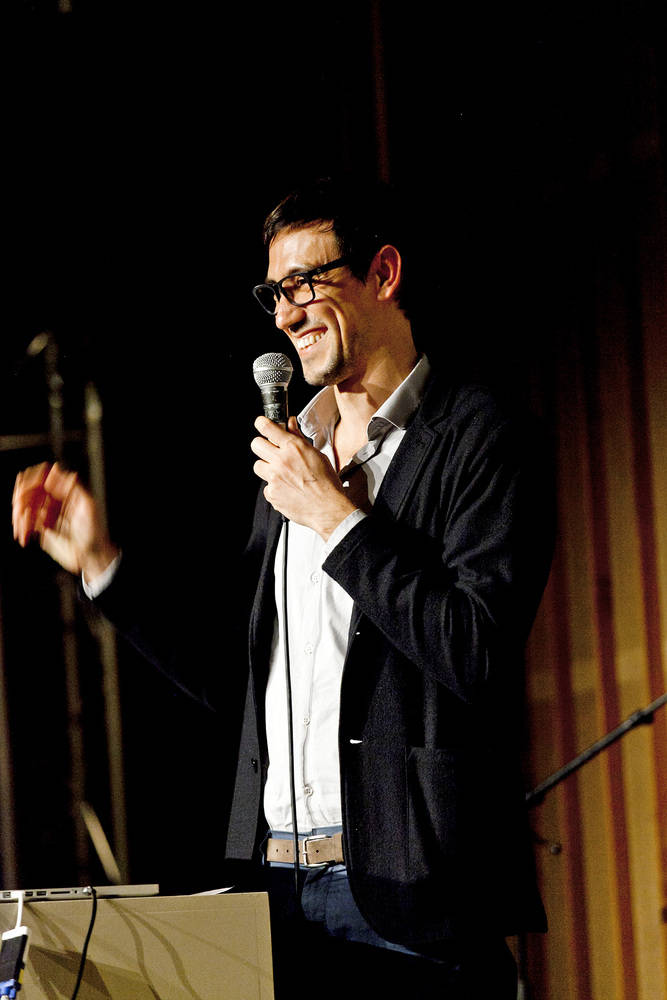The cultural rituals of minority communities are viewed as the decorative and necessary signs of a multicultural urban landscape. Within this urban landscape the existing infrastructure may not have much to offer in terms of support, but is meant to accommodate difference. In this project-in-process these rituals are looked at as emerging infrastructures of an urban subjectivity that operates not through an affable proliferation, but rather as sites of code switching. By thinking infrastructurally, the project pays attention to all the support structures at play within these cultural rituals: hairdressers, caterers, musicians, venues, transport routes, photo studios, and more. The counter-ethnography of Turkish weddings in Berlin begins to play out a strategy of cultural phenomena beyond representation, as a “structure of feeling” which exists alongside the urban pleasures that have recognized, codified, and catered-for forms.
Irit Rogoff